“Sanitation is more important than independence,” Mahatma Gandhi once said.
Following the footsteps of the father of the nation, Prime Minister Narendra Modi launched India’s largest-ever cleanliness campaign, Swachh Bharat Abhiyaan in 2014 on the occasion of Gandhi’s birth anniversary.
The aim was to provide sanitation facilities to every family, including toilets, solid and liquid waste disposal systems, village cleanliness and a safe and adequate drinking water supply.
Gandhi’s concern for both public and private cleanliness was a cornerstone of his Satyagraha campaign ever since his time in South Africa.
According to him, a casteless and free society could not be established unless there was a strong social push for cleanliness.
“Everyone is his own scavenger,” Gandhi said, reiterating the fact that the need to make cleanliness a personal responsibility was key to removing untouchability.
Gandhi also saw sanitary conditions as essential in order to dispel the notion that Indians required the West’s civilising efforts.
Scavenging was carried out by Uka, a mehtar (sweeper) in his hometown of Rajkot. If Gandhi had ever touched Uka, Putlibai, his mother, made him take a bath. It annoyed Gandhi, who was typically an obedient son.
“Uka serves us by cleaning dirt and filth, how can his touch pollute me?” the 12-year-old kid protested with his mother. “I shall not disobey you, but the Ramayana says that Rama embraced Guhaka, a chandal (a caste considered untouchable). The Ramayana cannot mislead us.”
Putlibai was unable to counter his point with anything. He frequently acknowledged that he had learned sanitation from the West despite criticising many Western traditions.
Satyagraha in South Africa
Quick Reads
View AllHis call for improved sanitation was the first made during the South African Satyagraha. His top concern at the time was to refute the claim made by white settlers that Indians needed to be kept separate because they lacked sanitation.
Gandhi argued in an open letter to the Natal legislative assembly that, with the same level of care and opportunity, Indians could uphold the same sanitary standards as Europeans.
According to Indian Express, he continued to stress, nevertheless, that Indians themselves must take up the issue of cleanliness. In every encounter he had with Indians, he brought up the subject of untouchability together with the issues of cleanliness and hygiene.
Gandhi started scavenging in South Africa and advised Indians to keep restrooms dry and clean by spreading dry dust or ashes in buckets after each use. There, his close pals referred to him as the great scavenger.
Also read: How Mahatma Gandhi used khadi to fight the British
Calls for Sanitation in India
As plague had just broken out in the then-presidency of Bombay, his attention to sanitation intensified once he returned to India. There was a possibility that it would spread to Rajkot. Gandhi came up with a quick offer of assistance for Rajkot’s sanitation.
He firmly insisted that Indians ought to be educated on hygiene and sanitation, saying that “the scavenger’s work must be our special function in India.”
Gandhi had brought up how our homes, streets, and roads were filthy and in poor condition, which allowed illnesses to spread in the households, during a political meeting in Gujarat.
“If we could banish the plague from India, we shall have increased our fitness for Swaraj,” he said.
He outlined the requirement for clean air and water as well as the precise procedure to be followed when dealing with open defecation in order to combat the pandemic in India.
“Swaraj ought to begin with our streets,” he said.
Following the early 1920s campaign against non-cooperation, the Gandhian movement’s need for cleanliness grew stronger.
Cleanliness for equality
Gandhi attended the Congress meeting in Calcutta on his second visit to India from South Africa to advocate for the rights of the mistreated Indians there. The Congress camp was in an appalling sanitary condition.
“This is not our job, this is a sweeper’s job,” the volunteers responded when he confronted them. Gandhi requested a broom and cleared the mess. He then donned a western outfit. The volunteers were shocked, however, none of them offered any help.
In the Indian National Congress camps, where the Brahmins laboured for once, volunteers organised a bhangi (sweeper) squad years later, when Gandhi was chosen as the organisation’s leader.
Gandhi said, “So long as you do not take the broom and the bucket in your hands, you cannot make your towns and cities clean."
At the Haripura Congress, 2000 teachers and students underwent specialised training, according to MKGandhi.org. Gandhi was unable to imagine designating a group of individuals as untouchables to clean up filth and dirt.
Gandhi’s appeal for sanitation had already become ingrained in two separate movements at this point: the fight for independence and the desire to abolish untouchability.
Gandhi emphasised the strong connection between cleanliness and swaraj and urged Indians to learn from the West the technique of municipal sanitation and adapt it to meet their own unique requirements.
He told to a group of workers in Madras that “a lavatory must be as clean as a drawing room.”
He insisted that latrines should be used and that open defecation should only take place in a hidden location in a hole excavated in the ground.
Gandhi stressed that it is incredibly unjust to consider people who engage in scavenging to be of the lowest social position by drawing a connection between the issues of cleanliness and untouchability.
Gandhi emphasised the importance of providing better living conditions for people who engaged in manual scavenging and stressed that each of us should be our own scavenger. He noted that people had been ignoring sanitation since it was an “unclean” activity because scavengers were seen as being of low status.
In an article titled Our insanitation, Gandhi wrote, “Swaraj can only be had by clean, brave people.”
Gandhi had put out a framework for what he viewed as the ideal free Indian society, connecting the concerns of cleanliness, untouchability, and national autonomy.
At one public event when Gandhi was scheduled to speak while on his khadi promotion trip, sweepers were not allowed to attend. When he learnt about this, he told the organisers, “You may keep your purses and your addresses. I am going to have a meeting with the untouchables only. Let all others who want, come there.”
Gandhi also spent a few days in the sweepers’ colony in Bombay and Delhi two years before he passed away.
Swachh Bharat Abhiyaan
Calling upon people across the country to take part in a cleanliness drive on 1 October beginning at 10 am, PM Modi on Friday said that Swachh Bharat is a shared responsibility, and every effort counts.
“1st October at 10 AM, we come together for a pivotal cleanliness initiative. A Swachh Bharat is a shared responsibility, and every effort counts. Join this noble endeavour to usher in a cleaner future,” PM Modi posted on X (Formerly Twitter).
1st October at 10 AM, we come together for a pivotal cleanliness initiative.
— Narendra Modi (@narendramodi) September 29, 2023
A Swachh Bharat is a shared responsibility, and every effort counts. Join this noble endeavour to usher in a cleaner future. https://t.co/tFvvDwKnzq
The PM tweeted on Monday, “Today, as the nation focuses on Swachhata, Ankit Baiyanpuriya and I did the same! Beyond just cleanliness, we blended fitness and well-being also into the mix. It is all about that Swachh and Swasth Bharat vibe.”
Today, as the nation focuses on Swachhata, Ankit Baiyanpuriya and I did the same! Beyond just cleanliness, we blended fitness and well-being also into the mix. It is all about that Swachh and Swasth Bharat vibe! @baiyanpuria pic.twitter.com/gwn1SgdR2C
— Narendra Modi (@narendramodi) October 1, 2023
According to ANI, earlier during his 105th episode of Mann ki Baat, PM Modi said, “A big event on cleanliness is going to be organised on October 1 that is on Sunday at 10 am. You too should take out time and help in this campaign related to cleanliness. You can also join this cleanliness campaign in your street, or neighbourhood or at a park, river, lake or any other public place.” ‘Ek Tareekh, Ek Ghanta, Ek Saath’ Campaign is a mega cleanliness drive to mark the celebration of Gandhi Jayanti. This initiative is a run-up to the ‘Swachhata Pakhwada- Swachhata Hi Seva’ 2023 campaign. This follows PM Modi’s appeal for one hour of ‘Shramdaan for swachhata’ at 10 am on 1st Oct by all citizens.
In 2021, PM Modi launched Swachh Bharat Mission-Urban 2.0 to make all Indian cities ‘Garbage Free’ and ‘Water Secure’. Swachh Bharat Mission (SBM-U) 2.0 was launched on October 1, 2021, for a period of five years with a vision of achieving Garbage Free Status for all cities through 100 per cent source segregation, door-to-door collection and scientific management of all fractions of waste including safe disposal in scientific landfills. It is also aimed at remediation of all legacy dumpsites and converting them into green zones.
In 2017, when we celebrated the 125th anniversary of Mahatma Gandhi’s birth and the third anniversary of the Swachh Bharat Abhiyaan, PM Modi drew on Gandhi’s thoughts on sanitation to stress the reality that his ideal of a swachh Bharat can only be accomplished when 125 crore people come together.
The Swachh Bharat mission, according to Prime Minister Modi in 2014, is motivated by patriotism and transcends politics.
He urged everyone to make the vow, “Na main gandagi karoonga, na main gandagi karne doonga (I shall not litter and won’t permit anyone to do so)”.
With inputs from agencies


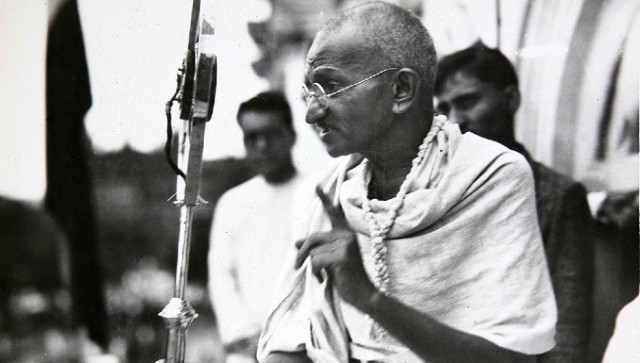)
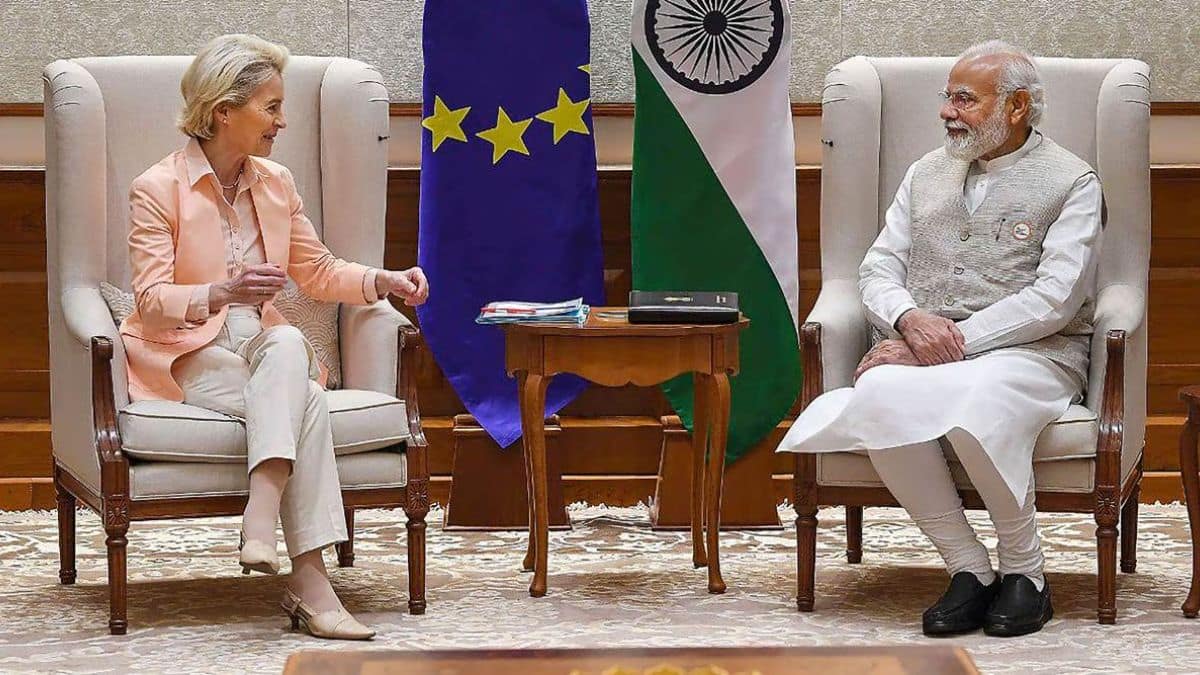
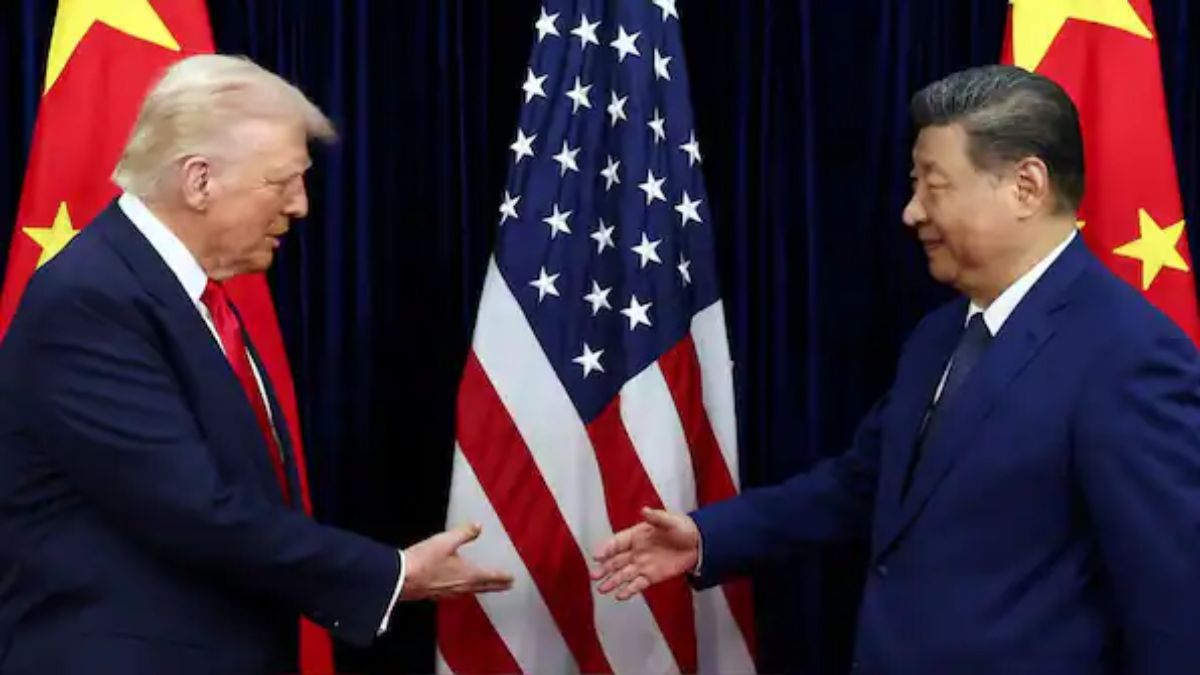)
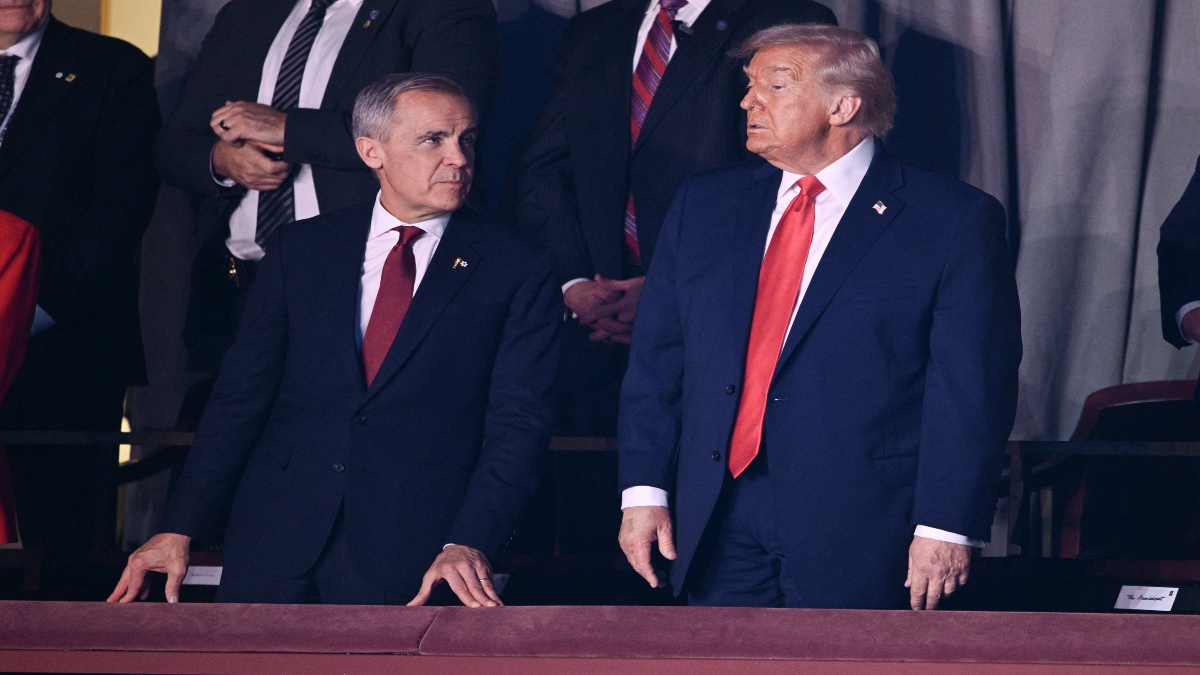)
)
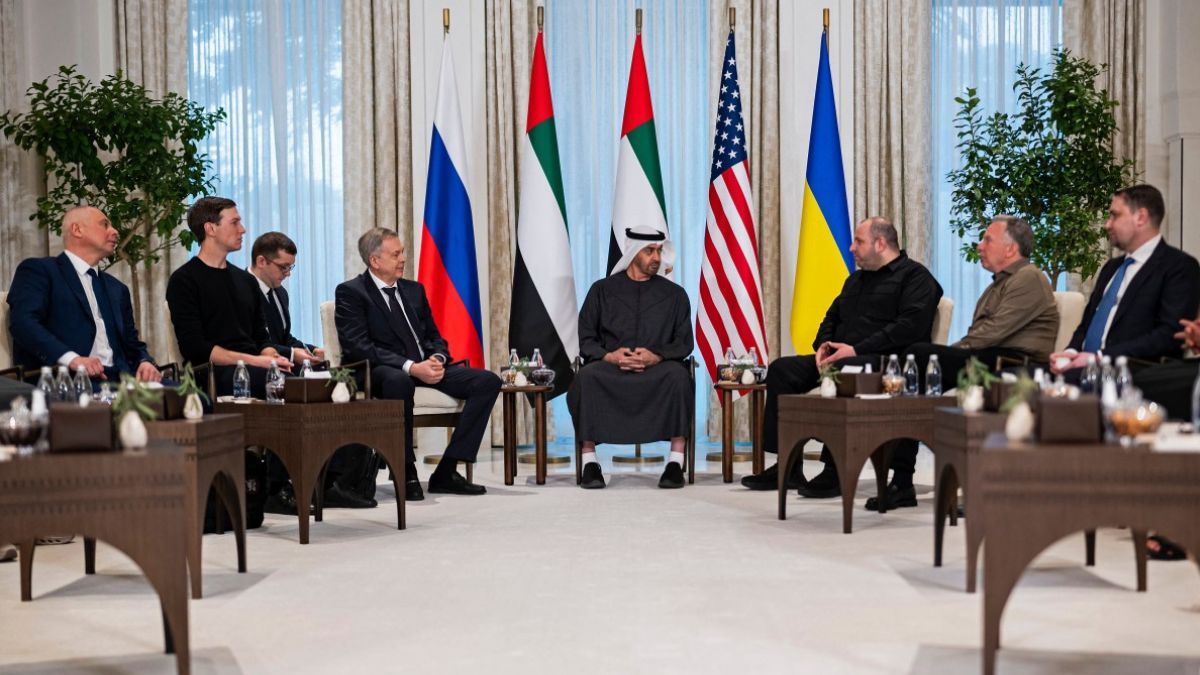)
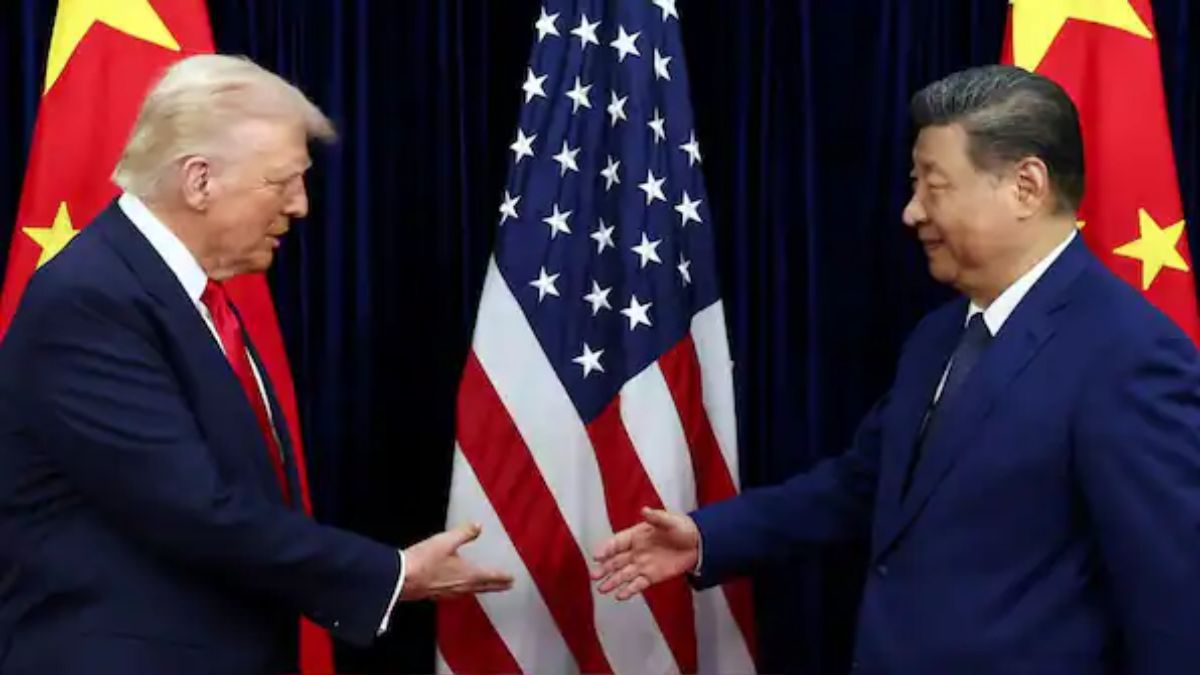)
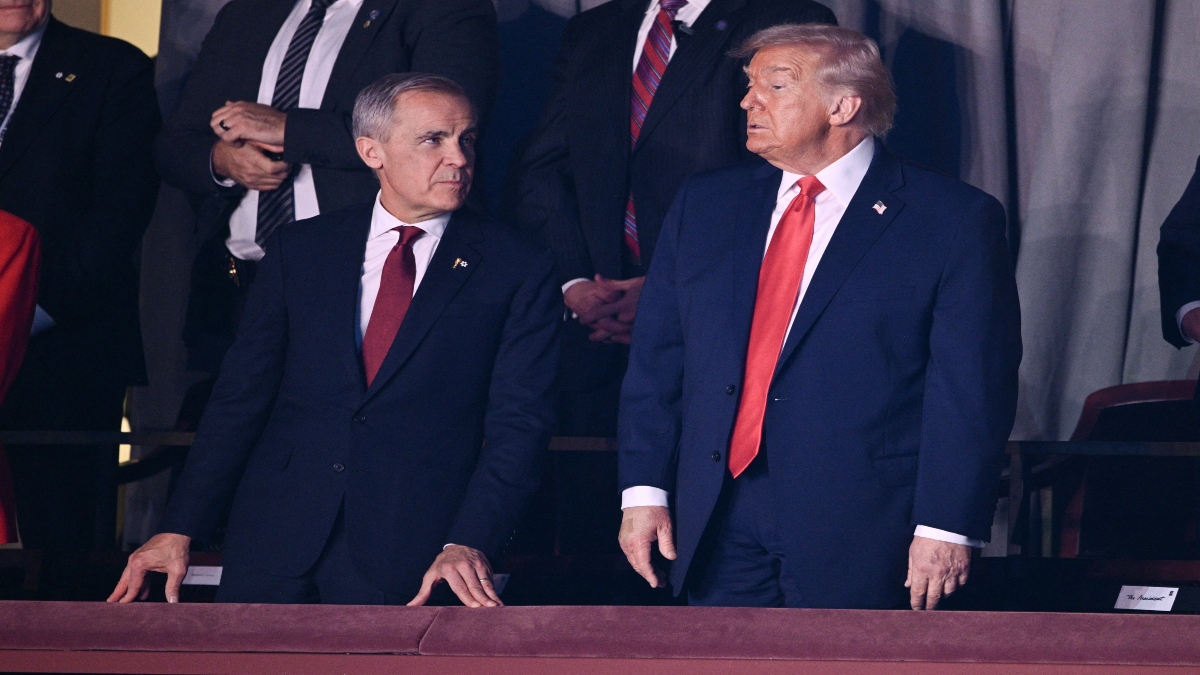)
)
)



